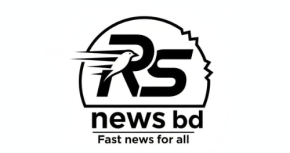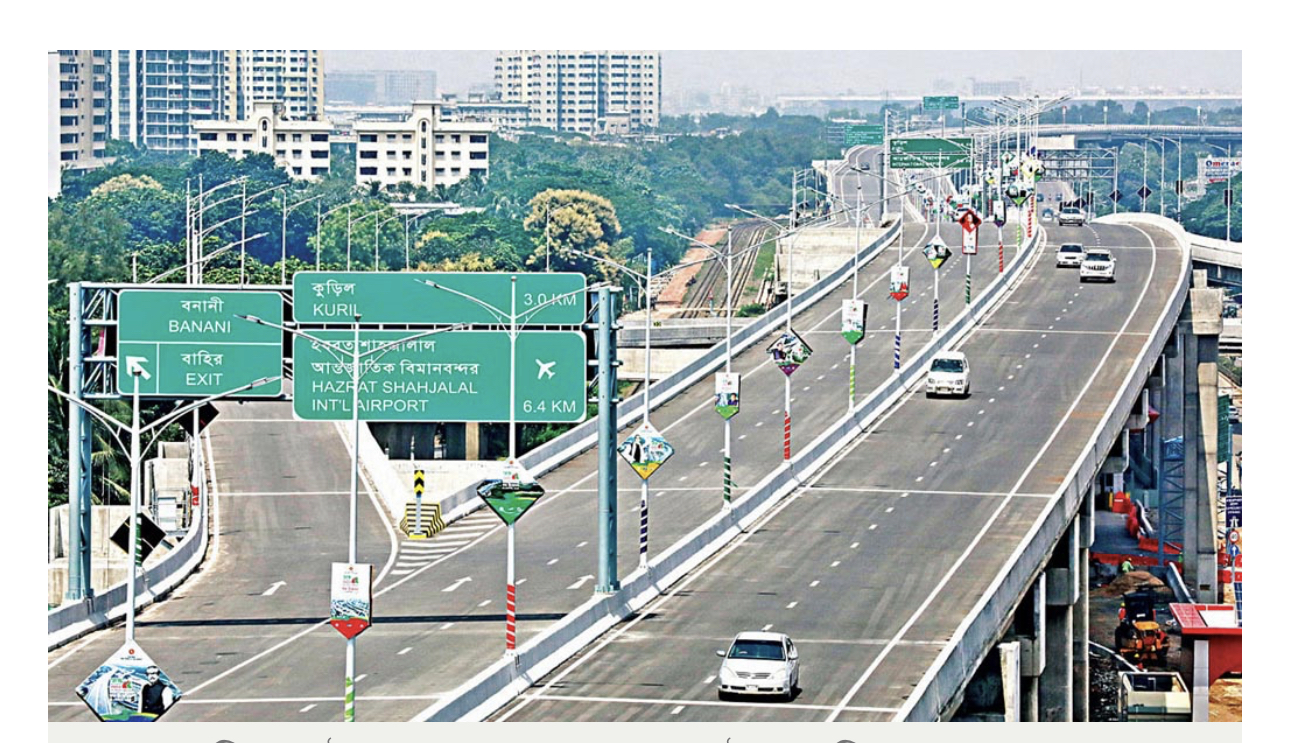Bangladesh Halts BRT Project, Leaving Company and $3 Billion Investment in Limbo
The future of the Dhaka Bus Rapid Transit Company (PLC), formed to manage the Bus Rapid Transit (BRT) service, has become uncertain following the interim government’s decision to conclude the BRT project in an unfinished state. With the project effectively stalled, the company faces a lack of purpose, and the funding for its employees’ salaries and operating expenses—drawn from the project’s funds—is now jeopardized.
Sheikh Moinuddin, Special Assistant to the Chief Advisor for Road Transport and Bridges, stated that no immediate decision has been made regarding the BRT company’s fate. He indicated that the company will remain as is for now, and any decision by the company to engage in other activities would be their own.
The BRT Project: A Decade of Disruption Ends Abruptly
The BRT project, which aimed to establish a dedicated, fast public transport corridor from Hazrat Shahjalal International Airport to Gazipur (20.5 km), began in December 2012 under the previous government. For over a decade, residents and commuters in the project area endured severe suffering and congestion due to the prolonged construction.
• Cost Overruns: The initial project cost was estimated at BDT 2,040 crore but ballooned to BDT 4,268 crore. Although incomplete, nearly BDT 3,000 crore has already been spent.
• Government Decision: The interim government has decided to abandon the concept of a dedicated special bus corridor. Instead, the constructed four-lane road under the project will be opened for use by general traffic.
Dhaka BRT Company: A Body Without a Purpose
The wholly government-owned Dhaka BRT Company (PLC) was established specifically to operate, manage, and maintain the BRT route. With the dedicated service now scrapped, the company’s core function has ceased to exist.
The company’s key responsibilities—including bus procurement, purchasing ITS equipment, installing traffic management centers and signal systems, coordinating with existing bus operators, and selecting the BRT operator—none of which were completed over the last 12 years.
• Failure to Procure: Project sources indicate that despite multiple tenders, not a single bus has been purchased.
• Current Staffing: The company is currently led by a Managing Director (Joint Secretary rank), Md. Nurul Amin Khan, along with 20 other officials and employees.
MD Md. Nurul Amin Khan commented: “We have not been formally informed whether the BRT project will proceed. If the project is suspended, the government may assign us other responsibilities. However, our salaries and operating expenses were met from the project funds. If the project closes, those funds will not be available, and the continuation of the company will depend entirely on the government’s decision.”
Proposed New Role and Future Options
Following the decision to halt the project, the Dhaka BRT Company has been in contact with the supervising authority, the Dhaka Transport Coordination Authority (DTCA). DTCA sources confirm they have submitted several proposals to reassign the company to other tasks, including integrating it into the DTCA’s ‘Clearing House’ project.
Special Assistant Sheikh Moinuddin clarified the government’s stance:
“We are not buying any buses or opening any ticket counters for the BRT project. The road will now be opened as a regular four-lane road for other vehicles. However, the infrastructure will remain as it is, with no changes being made.”
He added that a future government could potentially activate the BRT service by merely purchasing buses and opening ticket counters, at which point the existing Dhaka BRT Company could be utilized.
An Incomplete Giant Structure
The unfinished project constructed a 20.20 km corridor, including 15.07 km at grade and 4.50 km of elevated road, 25 stations, a bus depot, two terminals, six flyovers, and an upgraded 10-lane Tongi bridge.
Sheikh Moinuddin noted that contractors had requested an additional BDT 3,000 crore and time until 2029 to complete the BRT project, which was denied. The government has now proposed a revised development project proforma (DPP) seeking time until December 2026 to settle contractor dues and finalize incomplete works.
Transport experts attribute the failure to weak planning, lack of coordination, contractor delays, and political will.
Dr. Md. Hadiuzzaman, Professor of Civil Engineering at BUET, stated: “The BRT project was conceptualized as a complete transport system. Canceling that idea makes the entire plan meaningless. Despite such a huge investment, if the project cannot provide the intended service, it becomes a kind of ‘structural waste.’ It is now urgent to utilize the human resources and capacity of the Dhaka BRT Company in other transport development projects so that the state’s investment is not entirely wasted.”




